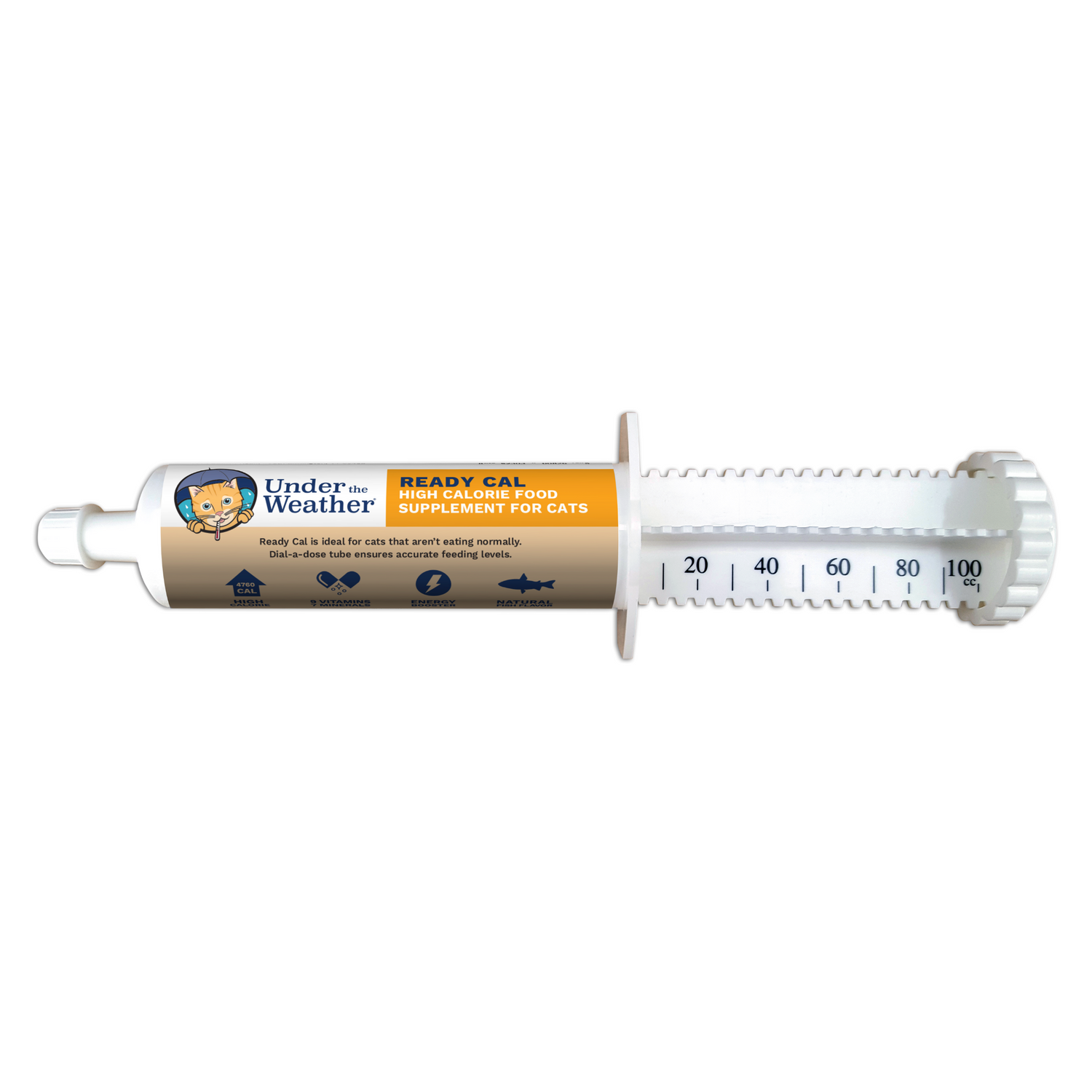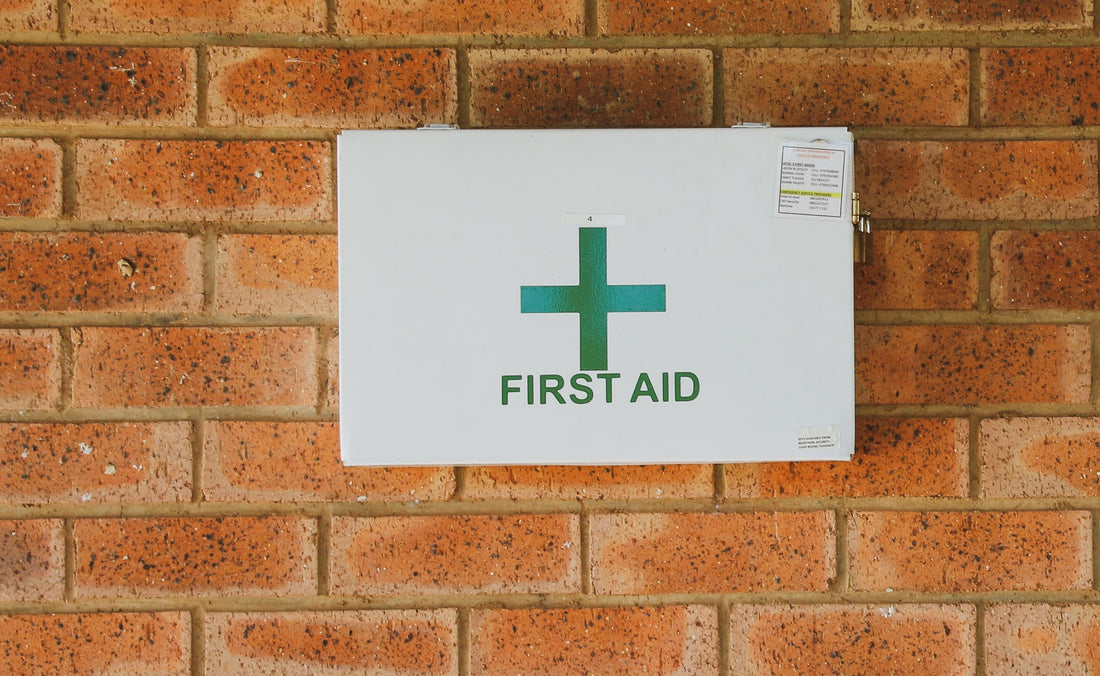What every dog owner needs in their Doggie First Aid Kit
As anyone who has experienced the love of a dog will tell you, they are not just pets, they are family members!
As pet owners, it is our responsibility to ensure their well-being and safety. This includes being prepared for both minor injuries, as well as a potential pet emergency situation, where knowing what to do can be lifesaving.
Just as we have first aid kits for ourselves, it's equally important to have a dog first aid kit on hand that contains products specifically tailored for dogs. Our dogs are more than just pets; they are loyal companions, members of our families, and a source of unconditional love. So, it's only natural to want to ensure their well-being.
Just as we keep a first aid kit for ourselves, having a well-stocked canine first aid kit is equally crucial. In this article, we will focus on the importance of having first aid products for dogs on hand, the importance of being prepared with first aid products for dogs, and why every dog owner should have them on hand, with a focus on essential items like wound spray, liquid bandage, sterile eye wash, ear wash, hydrocortisone spray, and styptic powder. So, let’s look at these top 6 products all pet experts recommend.
Wound Spray: Quick Relief for Injuries
Accidents can happen at any time, and our furry friends are not immune to injuries. Whether it's a minor scrape or a deeper wound, wound spray is a vital first aid product for dogs. It serves as the first line of defense to clean and disinfect wounds, reducing the risk of infection. Wound sprays designed for dogs are gentle on their skin and can provide quick relief, allowing your dog to heal faster.

The importance of having wound spray on hand cannot be overstated, as it can make a significant difference in preventing complications and ensuring a swift recovery for your four-legged friend.
Liquid Bandage: Protect and Seal Minor Wounds
Liquid bandages are a versatile addition to your canine first aid kit. Just like with human first aid, liquid bandages offer a convenient and effective way to seal minor wounds and protect them from further contamination. They are particularly useful for injuries in areas that are hard to bandage conventionally, such as between the toes or on the nose.
Moreover, liquid bandages can also act as a protective barrier for your dog's skin, reducing the chances of licking or scratching the affected area, which can slow down the healing process. These products are a must-have for those unexpected moments when your dog gets a minor cut or abrasion.
Sterile Eye Wash: Protecting Vision and Providing Comfort
Dogs are susceptible to eye irritations and injuries, which can be caused by foreign objects, allergies, or infections. Sterile eye wash is essential for maintaining your dog's eye health. It helps in flushing out contaminants, soothing irritation, and preventing more severe issues.
If you notice your dog blinking excessively, pawing at their eyes, or displaying any other signs of eye discomfort, having sterile eye wash on hand allows you to respond quickly and prevent further damage to their vision. Keeping their eyes clean and free from irritants is vital for their overall well-being.
Ear Wash: Preventing and Treating Ear Infections
Ear infections can be excruciating for dogs and can lead to severe discomfort and even hearing loss if left untreated. Regular ear cleaning can help prevent such infections, and ear wash is an essential product for this purpose.

Dogs with floppy ears or breeds predisposed to ear problems require extra attention to ear hygiene. With the right ear wash, you can gently cleanse their ears, remove excess wax, and maintain a healthy pH balance in the ear canal. Preventing ear infections is not only a matter of comfort but also essential for your dog's overall health and quality of life.
Hydrocortisone Spray: Relief from Skin Irritations
Dogs can suffer from skin irritations due to allergies, insect bites, or other environmental factors. These irritations can lead to intense itching and discomfort for your pet. Hydrocortisone spray is a soothing and anti-inflammatory product that can help alleviate these symptoms.
By having hydrocortisone spray on hand, you can provide quick relief for your dog, reducing their urge to scratch or chew their skin, which can lead to more severe problems. A well-maintained coat and healthy skin are essential for your dog's overall health and happiness.
Styptic Powder: Stop Bleeding Quickly
Accidents happen, and sometimes, your dog might get a minor cut or accidentally have a nail trimmed too short, leading to bleeding. In such situations, styptic powder can be a lifesaver. This product is designed to stop bleeding rapidly by promoting coagulation.
Styptic powder is easy to use and incredibly effective. Just a small amount applied to the bleeding area can provide immediate relief and prevent excessive blood loss. In emergencies, this can be a vital tool to have in your canine first aid kit.
The importance of having basic first aid products on hand for dogs cannot be overstated. These essential items like wound spray, liquid bandage, sterile eye wash, ear wash, hydrocortisone spray, and styptic powder can make a significant difference in your dog's well-being and comfort.
By having a well-stocked canine first aid kit, you can respond swiftly to injuries and health issues, potentially preventing more severe complications and ensuring a faster recovery. Your dog's health and happiness are in your hands, and being prepared for any situation is a testament to the care and love you have for your four-legged family member. So, make sure to assemble a well-equipped first aid kit and be ready to provide immediate relief and protection for your beloved companion.
Products related to this article:
Every Sale Supports a Shelter Pet. Learn More.
Created in Vermont. Learn More.
If you suspect your pet is sick, call your vet immediately. For health-related questions, always consult your veterinarian, as they have examined your pet, know the pet's health history, and can make the best recommendations for your pet.






